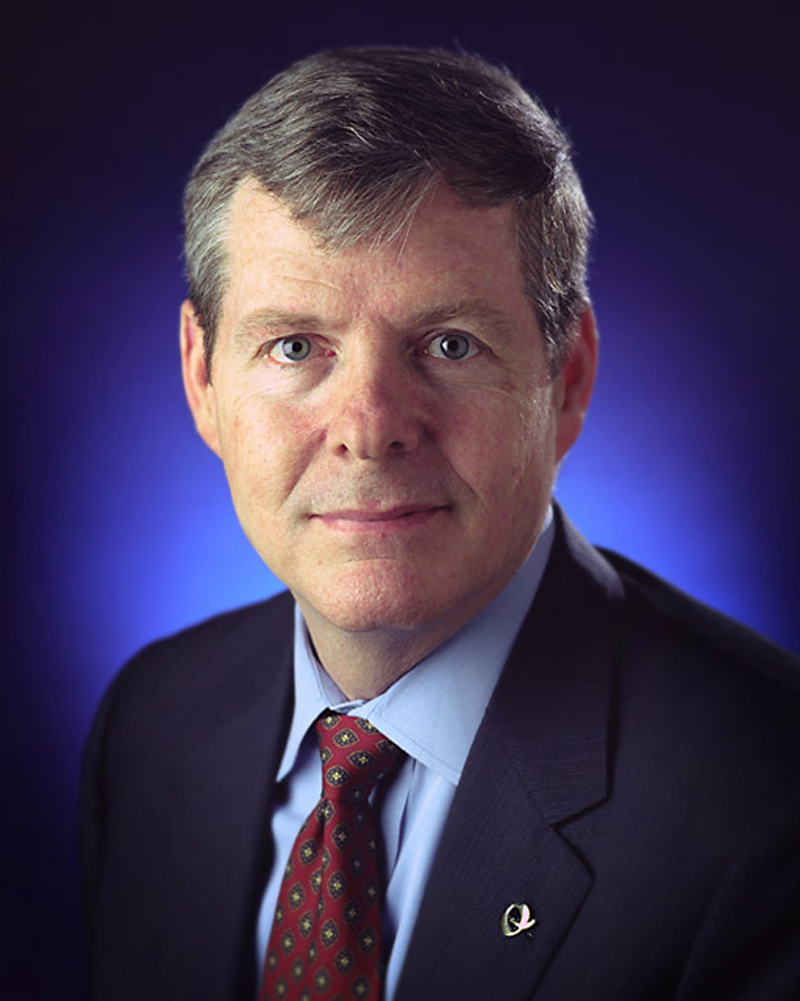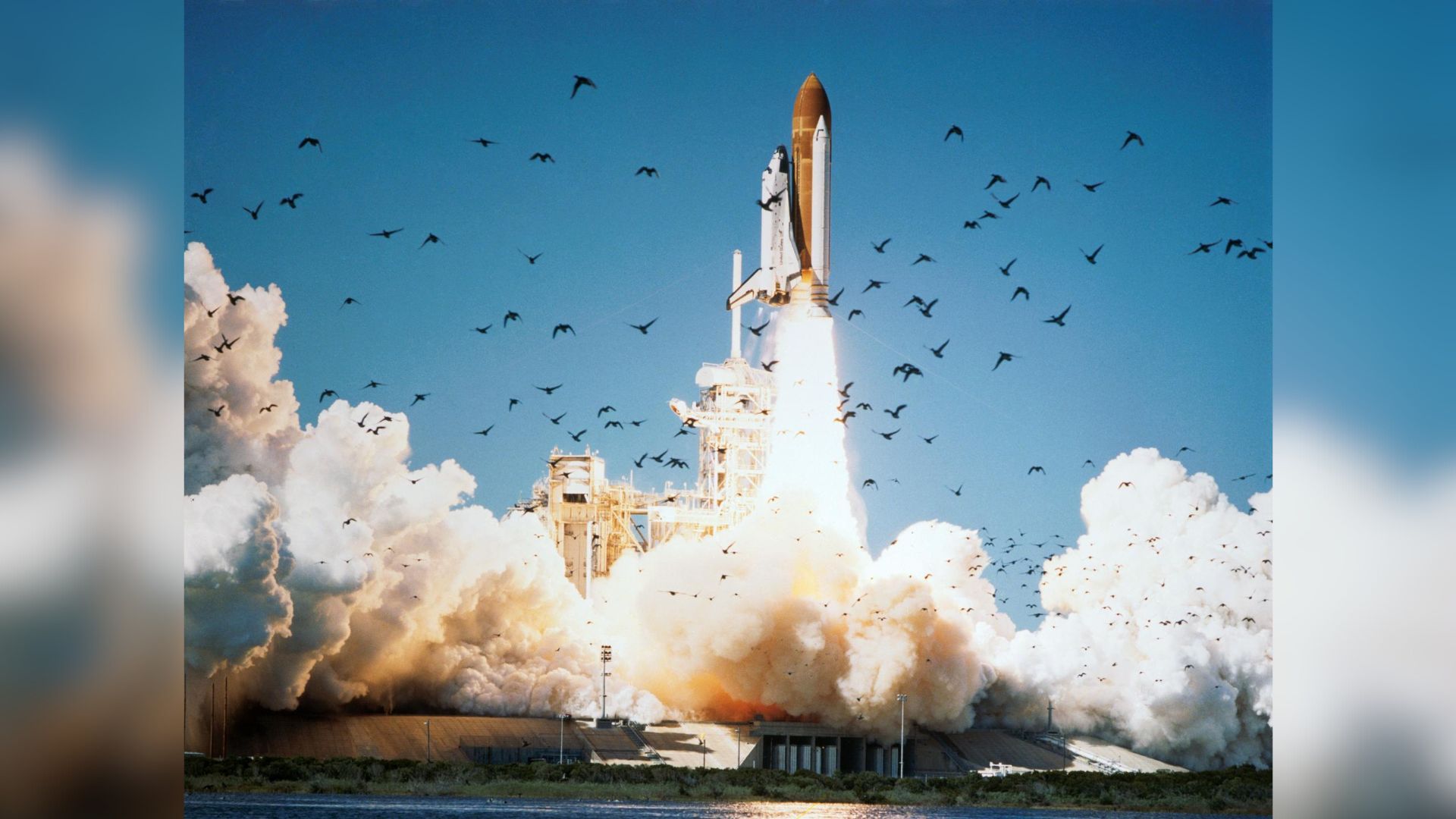NASA Safety Chief Follows Space Shuttles Into Retirement

NASA safety chief Bryan O'Connor will follow the space shuttle fleet into retirement, leaving his post on Aug. 31, the space agency announced today (July 26).
O'Connor, 64, leads NASA's Office of Safey and Mission Assurance, which is responsible for the safety, reliability and quality assurance of all the space agency's programs, including the recently retired shuttle fleet. He has held the position since 2002 and said he didn't want to leave until the shuttle program finished its last mission.
That happened on Thursday (July 21) when Atlantis touched down at Florida's Kennedy Space Center, bringing an end to its STS-135 flight — and to the shuttle program as a whole, after 30 years of operation. [Photos: NASA's Last Shuttle Landing in History]
"Even though good practice suggests shorter tours for senior leaders, I did not want to pass the safety baton until after the STS-135 crew left Atlantis on the runway," O'Connor said in a statement. "This transition is a great time to let someone new take on this wonderful role you've permitted me to serve in."
NASA is retiring the iconic shuttles to focus on getting astronauts to an asteroid by 2025 and to Mars by the mid-2030s. The agency is encouraging private companies to develop spacecraft that can carry crews to low-Earth orbit, but Russian Soyuz vehicles will provide this taxi service for NASA for the next several years.
O'Connor, a former Navy test pilot and Marine, has a long association with NASA. He joined the agency's astronaut corps in 1980 and flew on two space shuttle missions. He served as pilot on the STS-61B flight of Atlantis in 1985, then commanded Columbia's STS-40 mission in 1991. [NASA's Shuttle Program In Pictures: A Tribute]
After his spaceflying days ended, O'Connor held management positions in NASA's space shuttle, International Space Station and Shuttle-Mir programs. He left the agency to work for a few years in the private sector but came back to take his current job in 2002.
Breaking space news, the latest updates on rocket launches, skywatching events and more!
O'Connor played prominent safety management roles in the agency's recovery from the two space shuttle disasters, the loss of Challenger in 1986 and the loss of Columbia in 2003, NASA officials said. In all, 14 astronauts were killed in those two space tragedies.
NASA chief Charlie Bolden said O'Connor will be tough to replace.
"Bryan is a fellow Marine, trusted advisor and friend I have been privileged to serve with off and on since our years as plebes at the U.S. Naval Academy," Bolden said in a statement. "I am deeply grateful for his vigilance over the safety and well-being of NASA's people and its work. His concern and commitment have encompassed not just the space shuttle and the astronaut corps, but every mission, large or small, and every member of the NASA family. He'll be sorely missed."
Follow SPACE.com for the latest in space science and exploration news on Twitter @Spacedotcom and on Facebook.

Space.com is the premier source of space exploration, innovation and astronomy news, chronicling (and celebrating) humanity's ongoing expansion across the final frontier. Originally founded in 1999, Space.com is, and always has been, the passion of writers and editors who are space fans and also trained journalists. Our current news team consists of Editor-in-Chief Tariq Malik; Editor Hanneke Weitering, Senior Space Writer Mike Wall; Senior Writer Meghan Bartels; Senior Writer Chelsea Gohd, Senior Writer Tereza Pultarova and Staff Writer Alexander Cox, focusing on e-commerce. Senior Producer Steve Spaleta oversees our space videos, with Diana Whitcroft as our Social Media Editor.
